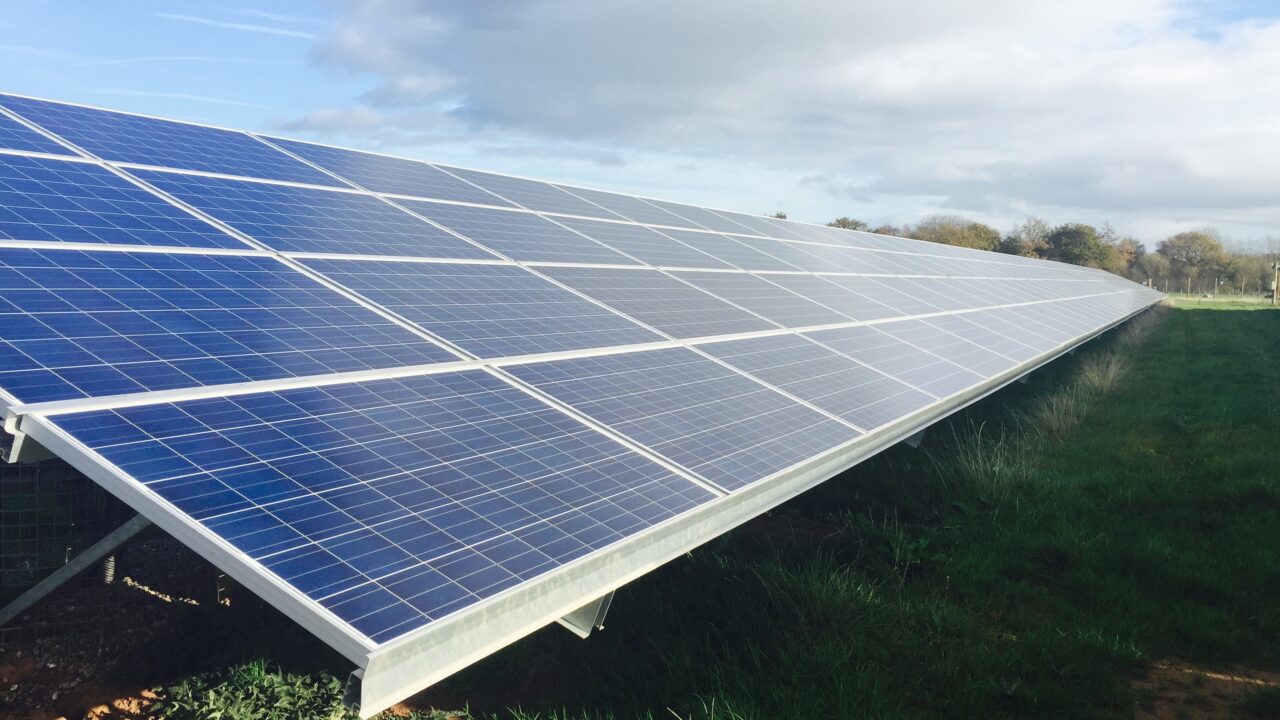An efficient farm is more likely to be a profitable farm, with lower carbon emissions per unit of output, Teagasc Director Professor Gerry Boyle said at today’s Energy in Agriculture conference.
The event at Gurteen Agricultural College was the first of its kind which looked at the various energy savings opportunities for farmers for renewable energy development and was organised by Teagasc.
On many farms there is scope to reduce the amount of energy consumed per unit of output, or to invest in a renewable energy technology and reduce the use of fossil fuels, Teagasc has said, and that there is an increasing focus on greenhouse gas emissions.
The Irish economy has a high dependence on agriculture and as a consequence, figures show that the agricultural component to greenhouse gas emissions in Ireland is relatively high compared to many other countries.
Improving energy efficiency, or investing in renewable technology, will reduce greenhouse gas emissions per unit of output and improve the green image of local agriculture, according to Teagasc.
Professor Boyle said that energy efficiency and the adoption of efficient technology, including renewable energy are just two of the ways in which a farm business can improve its competitiveness and lower its carbon footprint.
“Remember that an efficient farm is more likely to be a profitable farm, with lower carbon emissions per unit of output. For example – carbon emissions per kilo of beef or litre of milk produced.”
The event is providing farmers and advisors with useful information on how to make your business more sustainable through the use of renewable energy technologies.
“The contacts and links made here will be invaluable as farmers strive to develop their business and to become or remain competitive for the future.”
The Minister for Communications, Climate Action and Environment, Denis Naughten opened today’s event and he spoke about the need for Ireland to substantially decarbonise the energy system, wean ourselves off our dependence on imported fossil fuels and move to cleaner, greener energy sources.
He referred to the lead taken in agriculture where Ireland has the lowest carbon foot print in Europe for dairy production and the fifth lowest for beef production.
Councillor Siobhan Ambrose, Chair of Tipperary County Council who organised the event along with Teagasc, said efforts have been made by the agri-industry to reduce emissions to date, but there is much more that can be done to increase the efficiency of agricultural production and meet our environmental obligations.
“By working together to meet the GHG challenge we can map our own future and grow production in a sustainable and profitable way.”
Paul Kenny, CEO Tipperary Energy Agency said that it’s time that policy makers and the agri industry sees the opportunity of energy supply from agriculture and how farming can be one of the solutions to climate change and not just a contributor.
“Other EU countries such as Germany have shown how this can be achieved. Ireland can learn from this.”
